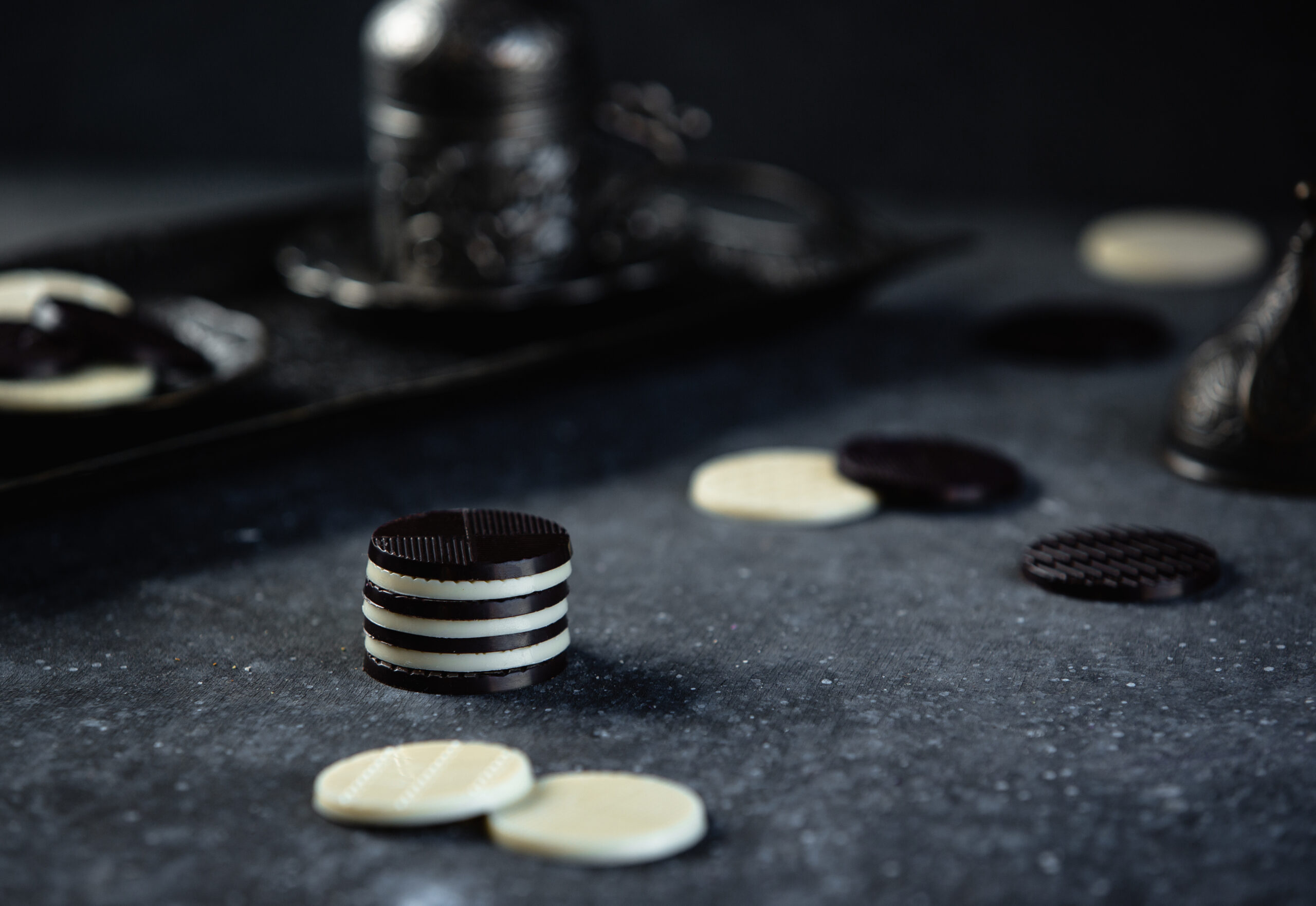Pocket Change: The Hidden Value of Spare Coins in Everyday Life
Pocket change might seem like just a few coins jingling in your pocket, but it holds much more value than you might think. Whether it’s the extra quarter you found under your couch cushion or the spare nickel sitting in your car’s cup holder, pocket change plays a subtle yet significant role in our lives. In this article, we’ll delve into the history, cultural impact, and practical uses of pocket change, as well as how it continues to adapt in our increasingly digital world.
Understanding the Concept of Pocket Change
Definition and Origin of Pocket Change
Pocket change refers to the small denominations of currency that people carry in their pockets, typically coins. The term likely originated from the habit of keeping loose change in one’s pocket, easily accessible for minor purchases. This small currency has been a staple of daily transactions for centuries, playing a critical role in the economy.
The Role of Pocket Change in Everyday Life
From paying for a cup of coffee to tipping service workers, pocket change has a variety of uses. It’s often the go-to for quick, low-cost transactions where using larger bills or digital payment methods may be impractical. Pocket change can also serve as a backup when other payment methods aren’t available, making it a versatile tool in everyday life.
History of Pocket Change
Pocket Change Through the Ages
The concept of pocket change dates back to ancient times, when coins were first introduced as a form of currency. Over the centuries, pocket change has evolved alongside the development of different civilizations.
Ancient Civilizations and Their Coins
In ancient civilizations like Rome and Greece, coins were often made of precious metals like silver and gold. These coins, while small in size, held significant value and were used in everyday transactions. Pocket change in these times was more than just convenience; it was a symbol of wealth and status.
Medieval Times and Currency Evolution
During the medieval period, the use of coins expanded as different regions began minting their own currencies. Pocket change became more common as trade grew, and people needed smaller denominations for everyday transactions. The evolution of coinage during this era laid the foundation for modern pocket change.
The Modern Era of Pocket Change
With the industrial revolution and the rise of paper currency, pocket change shifted to smaller, more standardized coins. Today, pocket change consists of a variety of coins in different denominations, each serving a specific purpose in daily transactions.
Pocket Change and Its Cultural Impact
Pocket Change in Literature and Film
Pockets has made its way into literature and film, often symbolizing hope, luck, or the small yet meaningful aspects of life. In many stories, a single coin can represent a turning point or a moment of generosity, highlighting the cultural significance of pocket change.
The Symbolism of Pocket Change in Society
Beyond its monetary value, pocket change symbolizes the idea that small things can add up to make a big difference. Whether it’s a few coins collected over time or a small gesture of kindness, pocket change embodies the power of accumulation and the importance of appreciating the little things in life.
Economic Significance of Pocket Change
The Power of Small Denominations
While pocket change might seem insignificant on its own, collectively, small denominations play a vital role in the economy. They facilitate everyday transactions and help ensure that money circulates efficiently. Without pocket change, many low-cost items would be difficult to purchase, and the economy could face challenges in managing smaller transactions.
Pocket Change and Inflation
Over time, inflation has affected the value of pocket change, making some coins less useful for purchases. However, despite these changes, pocket change remains an essential part of the economy, particularly in countries where inflation is relatively low, and smaller denominations still hold purchasing power.
The Psychological Aspect of Pocket Change
Why We Hold Onto Small Coins
Many people tend to hold onto pocket change, letting it accumulate in jars, car consoles, or drawers. This behavior is often linked to the psychological perception that small coins are less valuable, leading us to save them rather than spend them. However, when these coins are collected and counted, their combined value can be surprisingly substantial.
Value Perception
The way we perceive the value of pocket change can vary depending on cultural and economic factors. In some cultures, pocket change is seen as a nuisance, while in others, it’s considered a valuable resource. Understanding these perceptions can help us appreciate the true worth of our spare coins.
Pocket Change and Charitable Contributions
How Pocket Change Can Make a Difference
Pocket change might seem insignificant when compared to larger donations, but it can make a meaningful impact when collected and contributed to charitable causes. Many organizations rely on small donations, often in the form of pocket change, to fund their initiatives.
Examples of Charities Relying on Pocket Change Donations
Organizations like UNICEF and the Salvation Army have long utilized pocket change donation drives to support their efforts. These small contributions, collected from countless individuals, add up to significant funds that help support various humanitarian projects worldwide.
Pocket Change in the Digital Age
The Decline of Physical Currency
With the rise of digital payment methods, the use of physical pocket change has declined in many parts of the world. People are increasingly turning to credit cards, mobile payments, and online banking for their transactions, reducing the need for coins and cash.
Digital Alternatives to Pocket Change
As physical currency becomes less common, digital alternatives like microtransactions and digital wallets are taking their place. These new forms of “pocket change” allow for small, convenient payments without the need for coins or bills, adapting the concept of pocket change to the digital age.
Creative Uses
Art and Crafts Using Spare Coins
For those with a creative streak, pocket change can be repurposed into art and crafts. From coin mosaics to jewelry, spare coins can be transformed into unique pieces of art, adding a new dimension to their value.
Pocket Change in DIY Projects
Pocket change can also be used in DIY projects around the home. Whether it’s creating a custom tabletop or using coins as weights, there are countless ways to put your spare change to good use in creative and practical ways.
Practical Ways to Manage Pocket Change
Organizing and Storing Spare Coins
Managing pocket change can be as simple as designating a jar or container for your spare coins. Over time, this change can accumulate and be used for various purposes, from small purchases to larger savings goals.
Using Pocket Change Effectively
Rather than letting your pocket change sit idle, consider using it for specific purposes, such as tipping, small charitable donations, or even saving up for something special. By being intentional with your pocket change, you can make the most of every coin.
Conclusion
In a world that is increasingly digital, pocket change still holds a special place in our lives. Whether it’s the historical significance, cultural impact, or practical uses, pocket change reminds us that even the smallest things can have a big impact. As we move forward into the future, the concept of pocket change will continue to evolve, but its importance will remain.
FAQs
How can I effectively save and use pocket change?
To save and use pocket change effectively, designate a specific place to collect it, such as a jar or container. Once it accumulates, you can use it for small purchases, charitable donations, or even deposit it into your bank account.
Is pocket change still relevant in today’s digital world?
While digital payments are becoming more common, pocket change remains relevant for small transactions, tipping, and other everyday uses where physical currency is preferred.
Can pocket change actually make a difference in charitable contributions?
Yes, pocket change can make a significant difference in charitable contributions. Many organizations rely on small donations, and when combined, these contributions can add up to substantial support for their causes.
What are some creative ways to use spare coins?
Spare coins can be used in art and craft projects, DIY home improvements, or even repurposed into unique items like jewelry or mosaics.
How has the concept of pocket change evolved over time?
The concept of pocket change has evolved from ancient coins made of precious metals to modern small denominations used for everyday transactions. With the rise of digital payments, the role of pocket change continues to adapt, but its core significance remains.









Post Comment